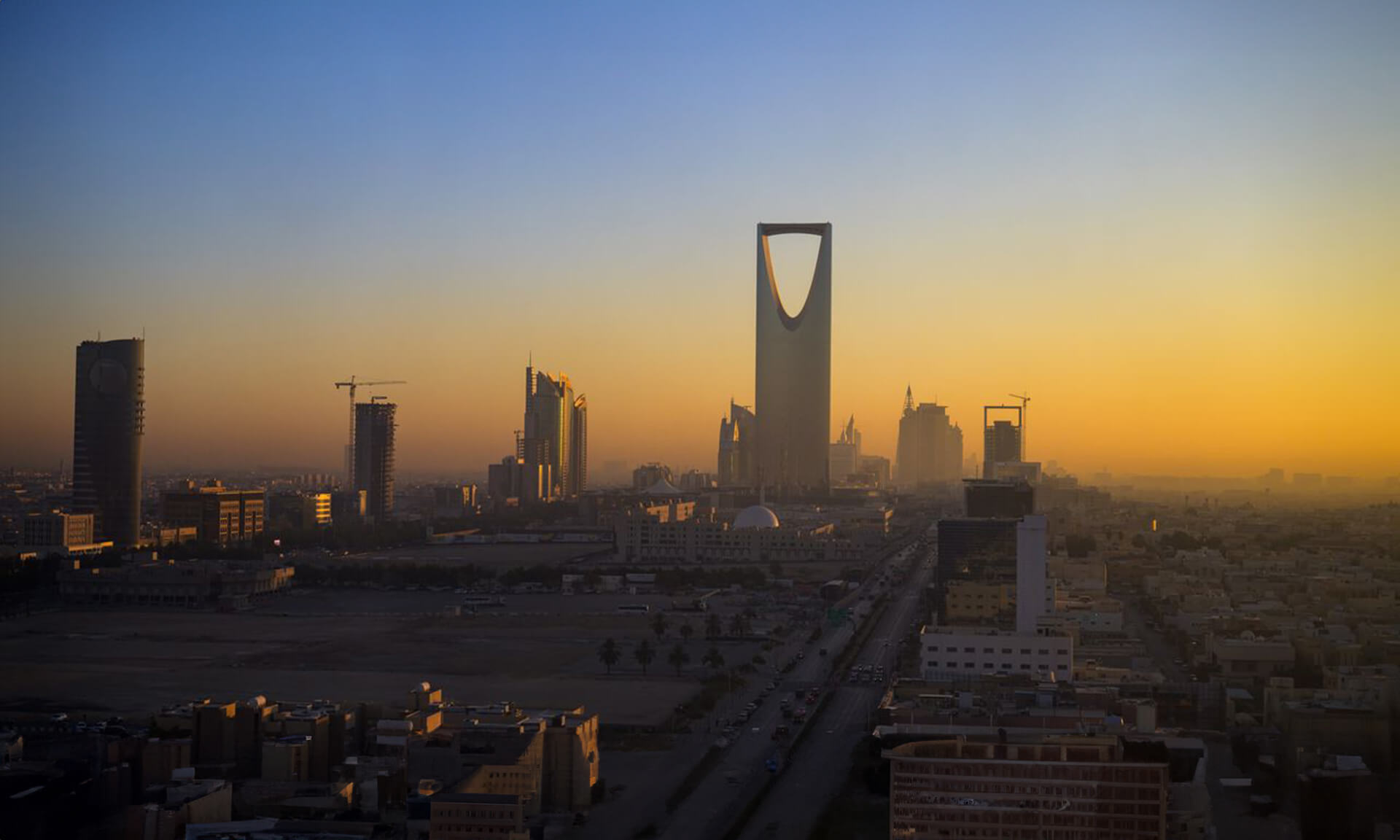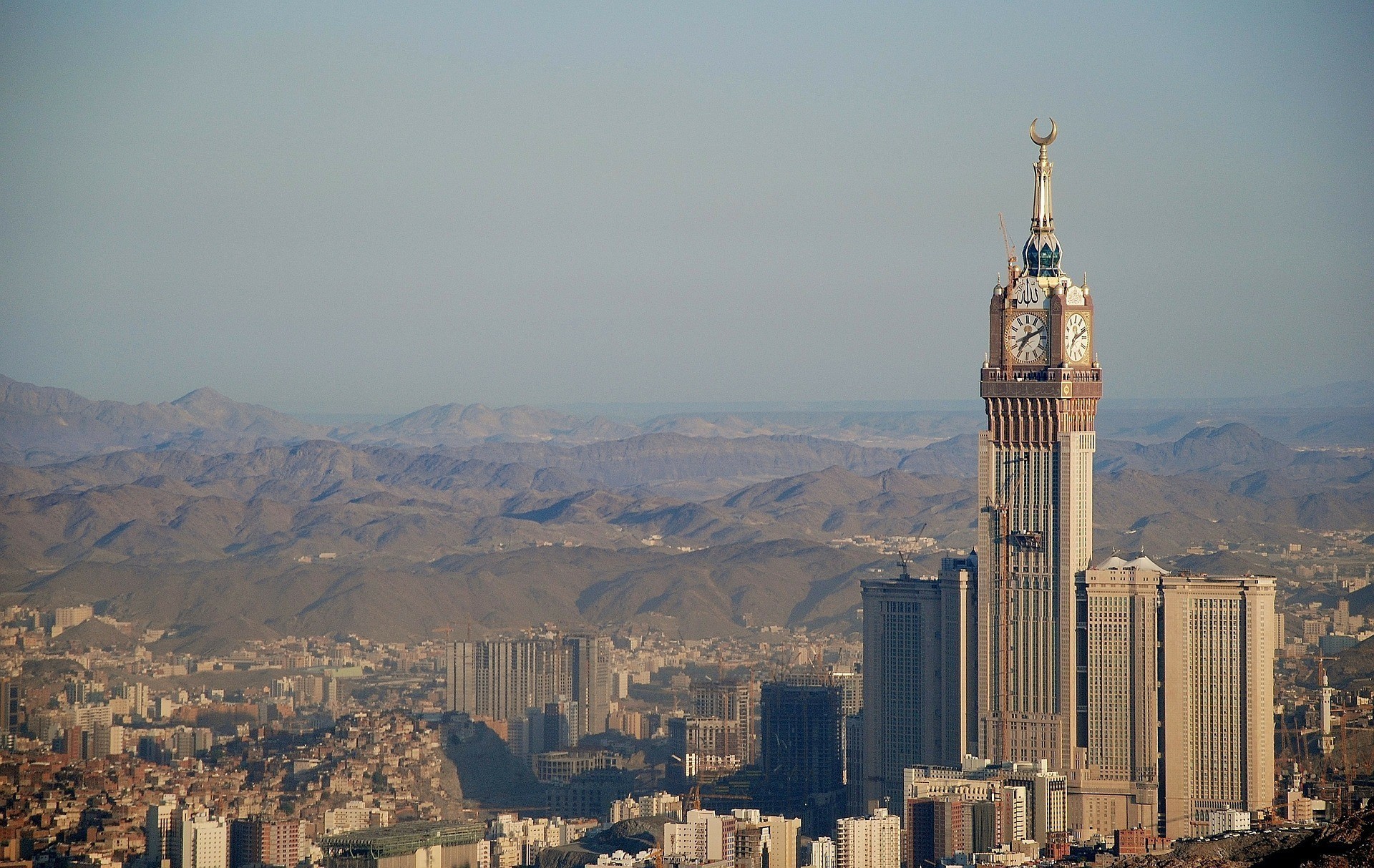Have you heard Saudi Arabia has announced many important social as well as economic reforms under their National Transformation Programme and Saudi Vision 2030? The government of Saudi Arabia has been coming up with various laws and changes in its policies to enhance foreign investment and simplify business processes and activities in the Kingdom.
However, innovation in technology field is their main focus. As per some media reports, global giants like Google and Snap are some of the companies, which are interested in these opportunities in Saudi Arabia. The Kingdom is truly trying to utilize the advantages of technology and innovation in the fields of education, power distribution and many more. Saudi Arabia also boasts of very superior and developed technological centres, namely the King Abdulaziz City for Science and Technology (‘KACST’). It also has further plans for NEOM, which is a 500 billion US dollar mega city focused on technology.
Opportunities in Saudi Arabia
Innovation and technology-related fields are being touted as major areas for investment, and the good news is that there has been a lot of development in these fields recently. For example, the Badir Program, which is a national-level program, aims at further improving the development of emerging start-ups and other IT-based enterprises in the Kingdom. Because of this program, almost 250 new organizations are able to breakthrough in the areas of e-commerce, software, communications, etc.
There are two options for people who are planning to start some new enterprises in the technology or innovation field – sole proprietorships and Limited Liability Companies (‘LLCs’).
A Saudi national can also set up a sole proprietorship or an LLC, but he should not be holding a government job and should have an ID as a Saudi national. He or she needs to complete an online registration form on the Ministry of Commerce and Investment (‘MOCI’) website. Post this process, which takes one full day, the local investor can start doing the business under the umbrella of the new business vehicle.
Currently, due to foreign investment regulations, start-up opportunities are available only to Saudi citizens and organizations. A foreign investor needs to give financial statements along with a proven track-record of doing business earlier, so that he or she could be permitted to invest in the KSA market. But in the beginning of 2018, the government has allowed business opportunities for entrepreneurs in the area of intellectual property (IP) or some invention to invest as individuals and company formation in Saudi Arabia has become easier.
Overseas investments in Saudi Arabia
For any foreign investor, as per the laws, it is important to first get a Foreign Investment Licence from the Saudi Arabian General Investment Authority (‘SAGIA’) to set up an enterprise or corporate entity. As per the business one wants to start, some other approvals from specific authorities might be needed.
However, the business or start-up that a foreign investor wants to start should not be from the listed exclusive activities allowed to Saudi Arabian (or GCC) organizations or nationals. This restriction could happen because of the businesses listed in the “Negative List” (the activities which are specified by SAGIA as exclusive to Saudis) or being otherwise identified as being restricted to Saudis in internal SAGIA policies and guidelines.
If you are an overseas investor, particularly in the technology sector, the time for investment in Saudi Arabia has been improving. The Saudi Vision 2030 is helping new start-ups and businesses in Saudi Arabia more than ever.
























